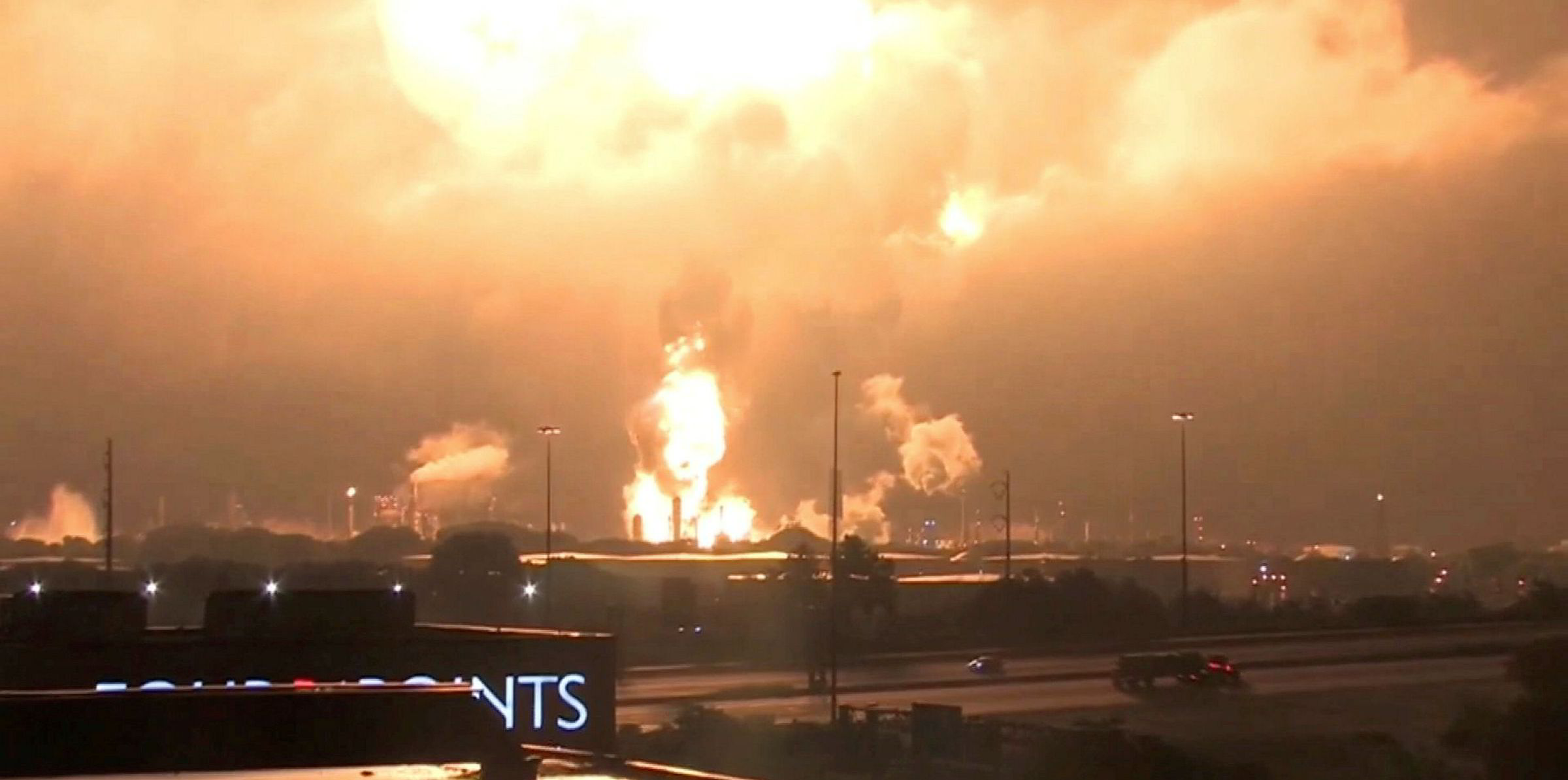Transatlantic MR product tanker earnings are receiving a boost from forecast higher gasoline imports of US east coast following a massive fire at Philadelphia Energy Solutions’ (PES’) oil refinery last Friday.
According to shipbroking house Charles R Weber, MR shipments on the TC2 route — connecting northwest Europe to the US east coast — were rumoured to be fixed at WorldScale 140, compared with WS 120 before the accident.
“That market was supercharged,” the US-based brokerage said.
Clarksons Platou Securities said there was a $5,500-per-day jump in timecharter-equivalent earnings earnings.
Average MR earnings were assessed at $17,100 per day as of Monday, up 45.4% from the week-ago level.
“The market was tightening already before the explosion as refiners ramp up production after spring maintenance,” the Oslo-based brokerage said.
“Depending on how long the refinery will be out of business, we expect to see increased imports from Europe, which on our estimates could positively impact tonne-miles by 1%.”
The fire reportedly broke out Friday morning from a tank at the 335,000-barrel-per-day (335,000-bpd), the largest on the east coast, causing multiple injuries to refinery workers.
City officials said the fire was extinguished Saturday afternoon and an investigation over the cause would be launched this week.
Reuters reported the refinery’s gasoline supply would be hampered for an extended period, with an alkylation unit destroyed during the fire.
An email seeking comments from PES has yet to be responded at the time of writing.
Supply shortfall
According to Bloomberg data, the price for benchmark gasoline grade in New York Harbor rose to $183.86 per gallon from the week-ago level of $170.25 per gallon, pointing to better arbitrage economics for the TC2 trade.
The US east coast imported 174,000 barrels per day of gasoline in 2018, data from the Energy Information Administration showed.
Based on figures from S&P Global Platts Analytics, the refinery—mainly processing light sweet crude—produced 153,980 bpd of gasoline in 2017.
“If the PES refinery remains offline for an extended period of time, product tanker demand will increase as the region may need to import up to 30% more products, mainly by tankers,” Poten & Partners said.
“Currently, Canada is the main source for imports but it is unlikely that they can satisfy all the increased demand, so much of the additional imports will come from further away, mainly Europe and from the Middle East and India.”
PES imported 850,000 bpd of crude in 2018, according to Poten, but the impact of fire on the crude tanker market is uncertain at this stage.
“The impact depends on which refiners make up the shortfall and where they source their crude. Overall, the crude volumes represent a very small portion of the global crude oil trade,” Poten said.






